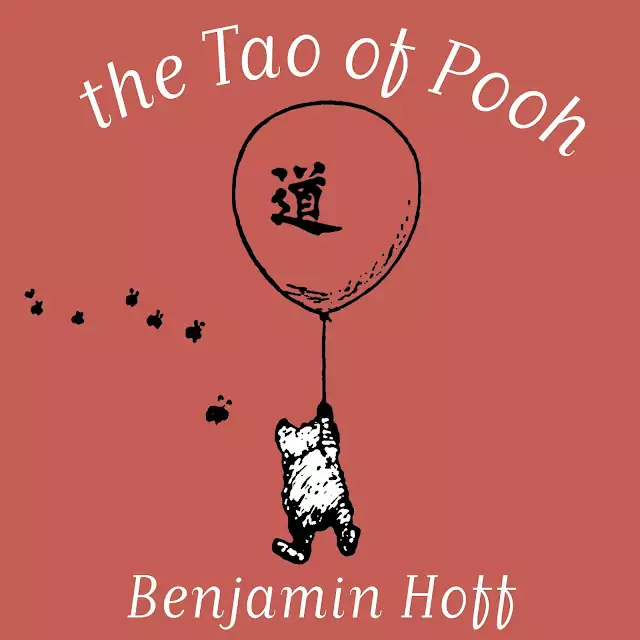In his first international bestseller The Tao of Pooh Benjamin Hoff begins to demystify the principles of Ancient Taoism. By using AA Milne’s much loved characters from Pooh Corner Hoff sheds light on an otherwise daunting subject.
An Introduction to Tao
Hoff’s introduction to Taoism is clear, imaginative and uplifting. He tells about how the way of the universe operates behind everything that happens and within everything that exists, and to act in opposition to this creates disharmony and confusion.
An excellent analogy is one of the bobbing cork pushed under water. The more forceful it is pushed, the more explosive its rebound.
This is not to say that fate is fate and that one can only accept what will ultimately be. Rather, it encourages the appreciation of life and the working with the seemingly insignificant occurences of day to day living. There is so much to learn without needing to intellectualise everything in the process. Like Pooh, it is possible to grow and evolve whilst maintaining a sunny outllook.
The Original P’u
In The Tao of Pooh we are made familiar with both Pooh Bear and P’u, one of the key concepts of Ancient Taoism. According to Hoff, the Chinese dictionary definition of the written “P’u” is ” simple, natural, plain, honest”. Just as Pooh is a simple bear who does silly things, but never comes to any real harm, P’u refers to things in their natural, unaltered state, which if left alone cause no obstruction to the ebb and flow of simple existence, and just like how interfering with Tao has negative implications, so does tempering with P’u. Think of how the complex can be simplified, the contrived can be stripped down and the processed can be demanufactured. What remains are basic units with which many great things can be achieved.
Lessons in Taoism
There is alot to be learned from Pooh and P’u and Tao and Te (the latter being the subject of Hoff’s follow-up book The Te of Piglet). You need not to be a blossoming Taoist or a self-confessed spiritualist to apply these principles to daily life and as a result feel a greater sense of underlying peace. Just some of the subjects touched upon include the differences between knowledge and wisdom (so relevant in a society suffering information overload), the virtues of knowing ones own strengths and limitations and the value of accepting and appreciating the diversity of people whom with we share our walks through life.
The Tao of Pooh offers helpful insights and reflections that can help to regain control in uncertain situations, turn negatives into positives and avoid getting stuck in vulnerable positions or destructive circumstances.
The subtle teachings of this book encourage faith, honesty, openness and acceptance, but above all it is quite simply a refreshing and uncomplicated joy to read.
